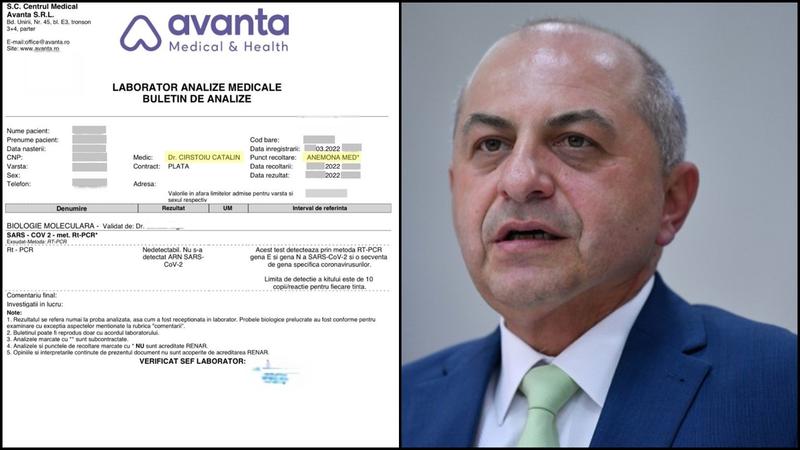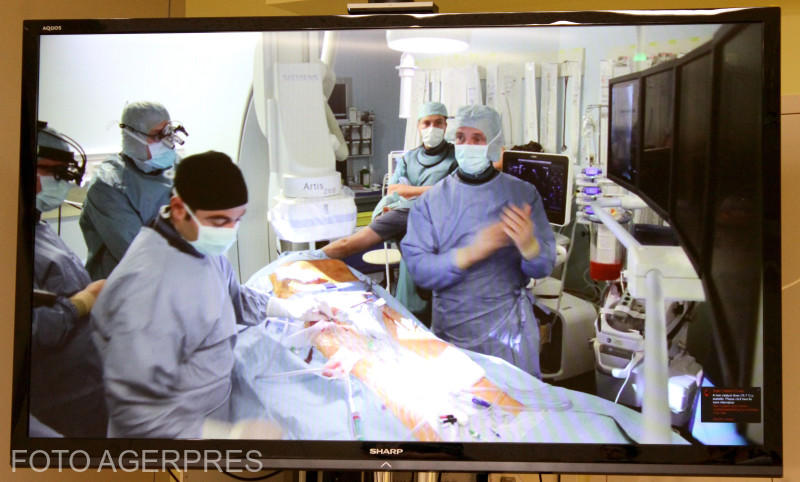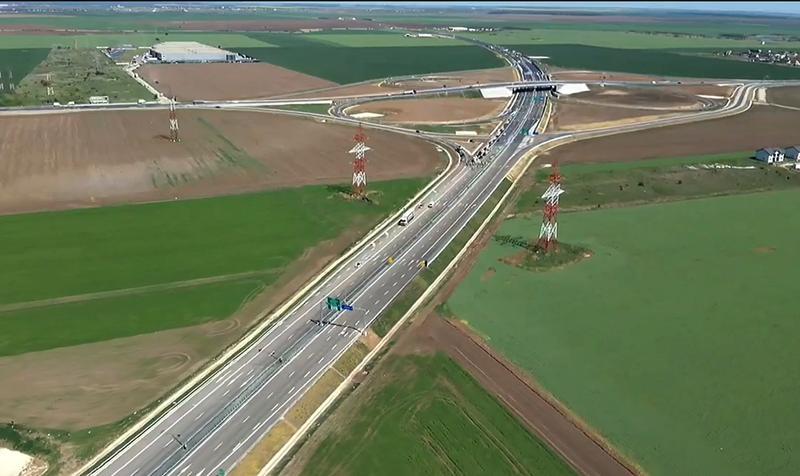Union members take to the streets: 200,000 state employees are made redundant. A Eurostat study published yesterday confirmed the difficult situation in Romania: second rank in the EU regarding poverty. Elsewhere in the news, union requested the political class to consider making banks pay for the economic crisis' effects. Further in the news, after one year and a half of financial restrictions, people in Romania can now get credits from banks. Last but not least, Romania tops 25 countries exporting prostitutes.
Union members take to the streets: 200,000 state employees are made redundant, Cotidianul reads. "Cartel Alfa" union leader Bogdan Hossu said union members will protest next week, asking the Government to support technical redundancy. The Finance Ministry in Bucharest will be their main target for about an hour and a half. Around one hundred people will protest daily. Hossu says the unions will be joined in their efforts by patronages.
A Eurostat study published yesterday confirmed the difficult situation in Romania: second rank in the EU regarding poverty, Romania Libera reads. So far, the Romanian Government has decided to sack 15,000 people in the Education system, 3,000 in the social assistance department - the administrative staff - 17,000 people currently working for the public administration will lose their jobs and over 10,000 people in the rail sector this year.
19% of the Romanian population cannot afford having a meal with meat every two days, 76% cannot pay for a one-week holiday per year, 25% do not enough own resources to pay for an adequate house heating and 49% cannot buy and maintain a car. According to the study, 23% of the Romanian population risked falling under the thin red line of poverty at the end of 2008. The only EU country to top Romania in this matter was Latvia - 26%.
Cartel Alfa also requested the political class that in the following IMF negotiations to consider making banks pay for the economic crisis' effects: the union asks for a tax on financial transactions, Romania Libera reads, quoting Mediafax. "Equitably, the duty of saving ourselves from the economic issues we're facing should directly be transferred to banks, too. Therefore, introducing the tax on financial transactions as a means of stopping banks' risking behaviour should become a priority, not only for the European officials, for the unions represented by the World Work Organisation, but also for the Romanian Government", a "Cartel Alfa" report reads.
Union members say the IMF received international mandate to find, accept and implement measures for the introduction of a duty on financial transactions, after consultations with unions and organisations representing the civil society. Romanian union "Cartel Alfa" indicated the Tobin Tax, which aims to penalise foreign currency speculations on long term. One such levy would bring significant revenue that could sustain the process of recovery, union leaders say, indicating that some countries are already using one sort or another of such a duty.
After one year and a half of financial restrictions, people in Romania can now get credits from banks, Adevarul informs. A housing credit and a credit for personal needs, with and without a mortgage, are now made available. The reimbursement period was reduced and banks are said to analyse files much more carefully. The crediting re-launched occurred at the end of 2009, after banks have constantly said that there are no credits to give or set criteria difficult to meet.
All banks with retail activity became active by the end of 2009. But people do not barge in to ask for credits even if the interest rates are slightly lower: the value of their goods is now worth less and banks do not negotiate anymore. Plus, keeping a job has become an uncertain affair. Brokers claim that the guaranty the client has to bring has dropped by 10-15%, alongside granting and anticipated reimbursement commissions. Housing credits sell with a 5.7-8% interest rate, personal needs credits - 8-10%, credits in euro - 14-16% and credits in lei 16.5-19%.
International TAMPEP network put together the "Sex work in Europe" study according to which, three years after EU membership, Romania tops 25 countries exporting prostitutes, Evenimentul Zilei informs. TAMPEP is formed by a number of European NGOs fighting against HIV/AIDS. The study was published at the end of 2009 and aims to "map" the prostitution scene in Europe and identify the risks that make immigrants sell their bodies.
The study was carried out from 2006 to 2008 and it updates the sex workers' migration to Western countries. The Russians were the main sex exporters to Europe in 2006. But the authors of the study mention that 12% of the questioned prostitutes said they were Romanians, adding that the result should not be considered absolute, bearing in mind the difficult process of collecting data.



















